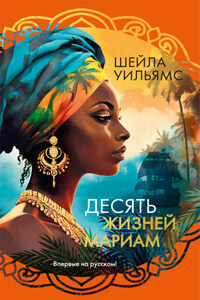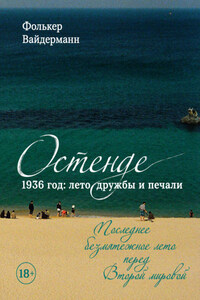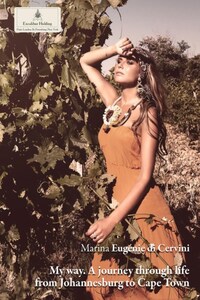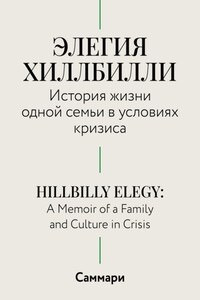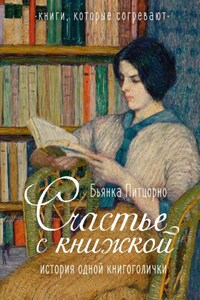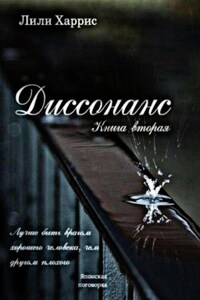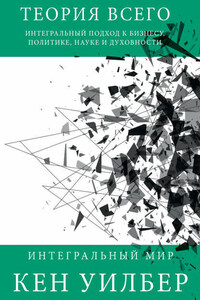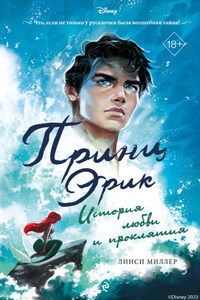COPYRIGHT
First published in 2001 by
HarperCollinsPublishers
1 London Bridge Street
London SE1 9GF
The HarperCollins website address is:
www.harpercollins.co.uk
Collins is a registered trademark of HarperCollins Publishers Limited.
© Susie Wynne, 2001
A catalogue record for this book is available from the British Library
Editor: Geraldine Christy
Layout Designer: Anita Ruddell
Photographer: Nigel Cheffers-Heard
Susie Wynne has produced two videos, Draw and Paint Your Pet part 1 and part 2, to accompany this book. They are available from good art and craft shops or direct from: Teaching Art, PO Box 50, Newark, Nottinghamshire, NG23 5GY
www.teachingart.com
Tel: +44 (0)1949 844050
Susie Wynne asserts the moral right to be identified as the author of this work.
All rights reserved under International and Pan-American Copyright Conventions. By payment of the required fees, you have been granted the nonexclusive, non-transferable right to access and read the text of this e-book on screen. No part of this text may be reproduced, transmitted, downloaded, decompiled, reverse engineered, or stored in or introduced into any information storage retrieval system, in any form or by any means, whether electronic or mechanical, now known or hereinafter invented, without the express written permission of HarperCollins e-books.
Source ISBN 9780007116850
Ebook Edition © NOVEMBER 2018 ISBN: 9780008108564
Version: 2018-11-26
HarperCollinsPublishers has made every reasonable effort to ensure that any picture content and written content in this ebook has been included or removed in accordance with the contractual and technological constraints in operation at the time of publication.
CONTENTS
COVER
TITLE PAGE
COPYRIGHT
INTRODUCTION
MATERIALS
BASIC SKETCHING
WATERCOLOUR TECHNIQUES
USING PHOTOGRAPHS
ANIMAL FEATURES
CATS
Demonstration: Rambo, the tabby
Demonstration: Maxi, the black and white cat
Demonstration: Mr Tibbs, the Burmese Grey
DOGS
Demonstration: Jeg, the half Border collie
Demonstration: Chippy, the Jack Russell
Demonstration: Denver, the Border collie
Demonstration: Waffle, the Border terrier
SMALL PETS
Demonstration: The Highland rabbit
Demonstration: Sparkle, the lop-eared rabbit
Demonstration: Olga da Polga, the guinea pig
HORSES
Demonstration: Pragada, the racehorse
Demonstration: Pavlova, the racehorse
BACKGROUNDS
Demonstration: Wee-Un in shadow
AND FINALLY
AUTHOR’S ACKNOWLEDGEMENTS
ABOUT THE PUBLISHER
INTRODUCTION
SUSIE WYNNE
Photo: Gray Levett
My interest in drawing and painting began at the early age of around five years old and by the time I had reached nine or ten I spent a lot of my time sketching – mainly horses and dogs. Later I was formally trained in classical piano and voice, but I did not pursue these musical activities with the passion for painting and drawing that seems to have come to me over the years.
This interest in animals sprang up again as an adult when I was inspired to write some short stories for children. I soon took out my sketchpad and created the characters, and found that extremely entertaining and fulfilling. However, I became so involved with the drawing aspect that it became all-consuming. So I decided to take a temporary break from story writing and before long I was painting and drawing during all my spare time. Commissions started coming my way and I found that there is nothing quite so satisfying as to deliver a completed picture of a beloved pet and see the reaction of the owner to one’s efforts with the paintbrush!
COGNAC
watercolour pencil
Cognac is a rather elegant Basset Fauve de Bretagne. I find drawing close-up pet studies such as these very pleasing, producing an effect that can look quite dramatic. I enjoy working with watercolour pencil for this kind of detailed work, which is a very different style from my watercolour paintings.
RAMBO’S EYES
watercolour pencil
Cats’ eyes are unique in their beauty and drawing them provides an excellent exercise in getting to know the shape and general nature of a cat’s facial features. The intense yellow-green of Rambo’s eyes is emphasized by the soft texture of the surrounding fur built up in layers with pencils.
PRACTISE YOUR DRAWING
In continuing my drawing and painting I have developed my skills to a standard I did not dream I could reach at the outset. I think the advice I would give to a beginner is to establish your drawing skills well first of all before coping with how to paint. I knew a professional artist in the USA who had a good career as a painter of oils, but, after seeing my work, he told me he was going to attend drawing classes again. I was not only extremely flattered, but very relieved that I had kept my drawing skills finely tuned. I have driven myself very hard in order to do so.
So, with this in mind, I have emphasized the importance of drawing and sketching throughout this book and I do hope you will find the examples illustrated helpful and inspirational.
WATERCOLOUR PAINTING
When I first approached painting with watercolour I remember people commenting on how difficult a medium it is to control. Being the sort of person who likes to take on a challenge, however, I decided to launch myself fully into using watercolours. While I found watercolour painting very difficult at first I soon discovered that the way to approach a subject is to try to master just a little at a time. When you feel competent at doing that small amount you can then move on to the next stage. Practice is the key word and is one that I reiterate often: this is the only way to familiarize yourself to the point of being in control of a technique. Even now I find some subjects can be tricky in the extreme, and frustrating to paint, but I always persevere until I am successful.

